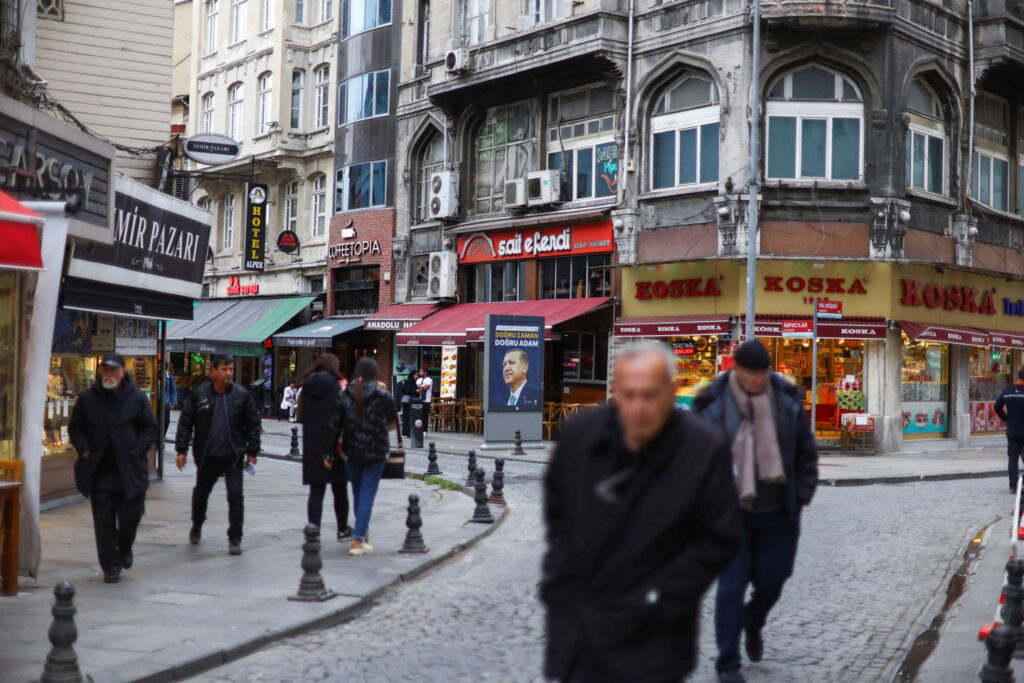
It’s a deal of gigantic proportions, which speaks volumes about Berlin’s resolve to play all its cards in the industrial investment race that is currently unfolding globally. The German government has granted a subsidy of 9.9 billion euros to the Intel group, in exchange for almost doubling the American’s investment across the Rhine. This will increase from 17 to 30 billion euros, for two semiconductor factories in Magdeburg, in Saxony-Anhalt (East). The contract was signed at the chancellery on Monday June 19, it is the largest foreign direct investment ever made in Germany.
The announcement puts an end to a conflict that had opened at the beginning of the year. Intel, citing the rise in energy and raw material prices, demanded from the State and the region an extension of the subsidy initially granted for its establishment. He demanded at least 10 billion euros, and no longer 6.8 billion, which caused trouble within the government coalition in Berlin. Liberal Finance Minister Christian Lindner objected to the transfer of so much public money to a global group listed on the stock exchange. The Greens and the Social Democrats were determined to find a compromise.
The agreement concluded on Monday finally provides for an increase in the subsidy granted, but its share in the total investment volume has fallen: it now covers only 33% of the project costs, against 40% in the first agreement. It is difficult to ignore the considerable political importance of the project: not only does the arrival of Intel strengthen the German position in the very strategic microelectronics industry, but it also creates thousands of high value-added jobs in a weakly industrialized eastern region. , where the far right is credited with 26% of voting intentions in two recent polls.
“Silicon Junction”
In its press release, the Intel group specified that the future Magdeburg site would be improved compared to what was initially planned. “Silicon Junction”, the name of the industrial complex, “should go into production with more advanced technology than originally planned and will be the first of its kind in Europe”.
According to the German press, Intel should thus provide this factory with the most modern facilities: machines using extreme ultraviolet lithography technology, manufactured by the Dutch group ASML, in cooperation with German subcontractors Trumpf and Carl Zeiss, which makes it possible to manufacture the most efficient chips on the market.
You have 57.69% of this article left to read. The following is for subscribers only.



